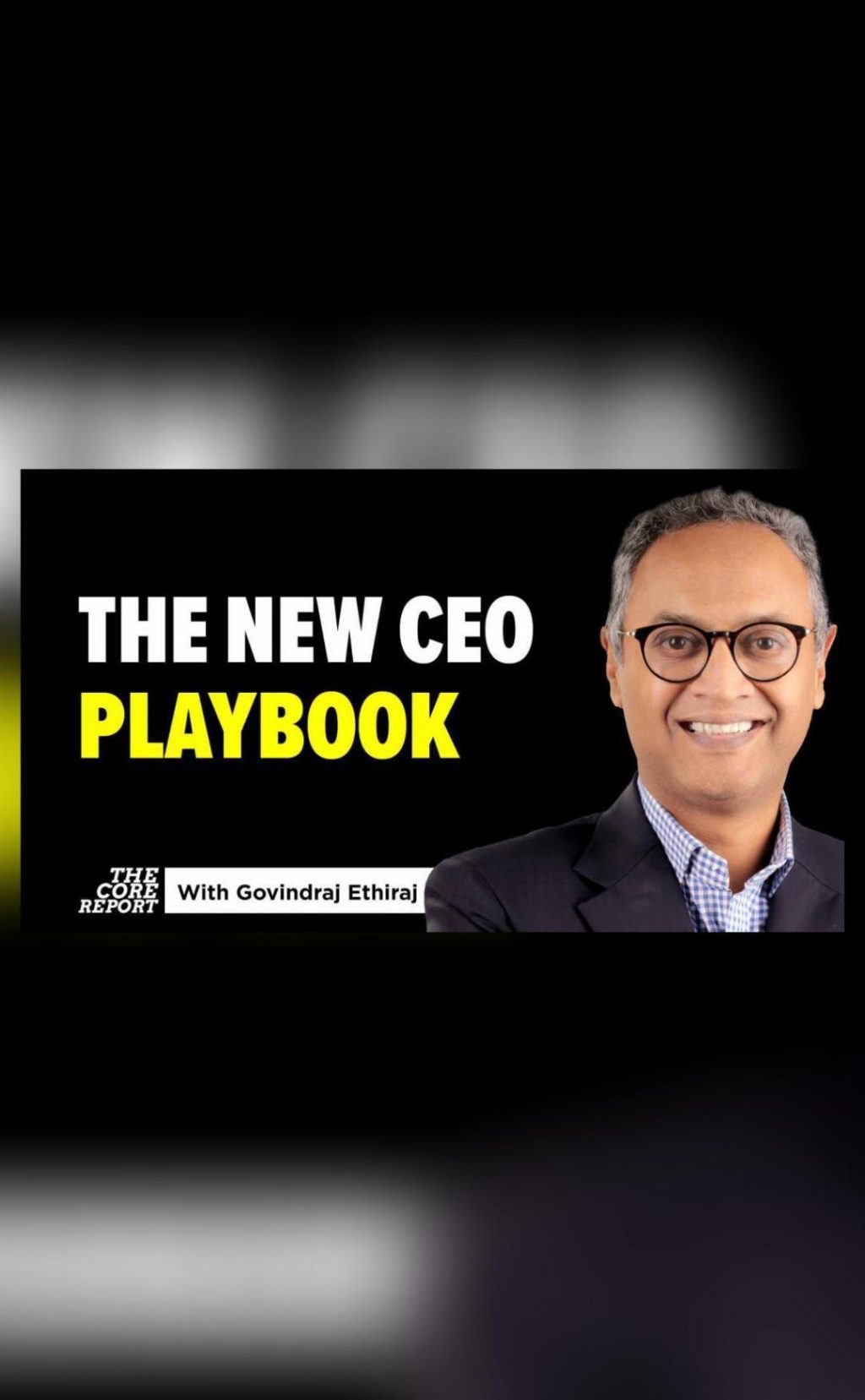
The New CEO Playbook: AI Pressures & Global Tariff Shocks
As the world continues to grapple with the complexities of the digital age, global CEOs are facing unprecedented challenges. The advent of Artificial Intelligence (AI) has been reshaping industries, while shifting trade policies and customs tariffs are disrupting global trade. In this new landscape, business leaders are being forced to rethink their strategies and operations to remain competitive.
In this blog post, we’ll explore the pressures faced by CEOs as they navigate the intersection of AI and global tariff shocks. We’ll examine the internal and external forces driving change, and discuss the key considerations for CEOs looking to adapt and thrive in this uncertain environment.
Internal Pressures: The Need to Automate and Innovate
One of the most significant internal pressures facing CEOs is the need to automate and innovate in the face of AI disruption. As AI-powered technologies continue to advance, companies are being forced to rethink their business models and operations. This includes automating repetitive tasks, streamlining processes, and developing new products and services.
A recent survey by Deloitte found that 71% of CEOs believe that AI will disrupt their industry over the next few years. To stay ahead of the curve, companies are investing heavily in AI research and development, hiring AI experts, and developing AI-powered products and services.
However, this shift towards automation and innovation is not without its challenges. Many companies are struggling to adapt to the rapid pace of technological change, while others are facing resistance from employees who are concerned about the impact of automation on their jobs.
External Pressures: The Impact of Global Tariff Shocks
In addition to internal pressures, CEOs are also facing external pressures in the form of global tariff shocks. The ongoing trade war between the United States and China, as well as the Brexit uncertainty, have created a climate of uncertainty and volatility for global businesses.
Tariffs and trade policies are having a significant impact on global supply chains, with companies facing increased costs and logistical challenges. This has led to a renewed focus on localisation, with companies looking to diversify their supply chains and reduce their reliance on single markets.
According to a recent report by the World Trade Organization, global trade volumes are expected to decline by 2.1% in 2020, with the ongoing trade tensions and tariffs being a major factor. This decline is expected to have a significant impact on global economic growth, with many countries facing recessionary pressures.
The New CEO Playbook: Rethinking Strategy and Operations
In this new environment, CEOs must rethink their strategy and operations to stay ahead of the curve. This includes:
- Localisation: Companies must focus on localising their operations, including supply chains, manufacturing, and services. This will help to reduce reliance on single markets and mitigate the impact of tariffs and trade policies.
- Adaptation: CEOs must be prepared to adapt quickly to changing circumstances, including shifting trade policies and customs tariffs. This includes developing contingency plans and being prepared to pivot operations at short notice.
- Innovation: Companies must continue to invest in innovation, including AI research and development, to stay ahead of the curve and develop new products and services.
- Diversification: CEOs must focus on diversifying their products and services, reducing reliance on single markets and customers.
- Partnerships: Companies must form partnerships with other businesses, governments, and institutions to navigate the complex and uncertain global landscape.
Conclusion
The intersection of AI and global tariff shocks is creating a complex and uncertain environment for CEOs. To stay ahead of the curve, business leaders must rethink their strategy and operations, focusing on localisation, adaptation, innovation, diversification, and partnerships.
As the world continues to evolve, CEOs must be prepared to adapt quickly to changing circumstances, while also investing in innovation and diversification. By following the new CEO playbook, businesses can thrive in this uncertain environment, and create a brighter future for themselves and their stakeholders.
References:






